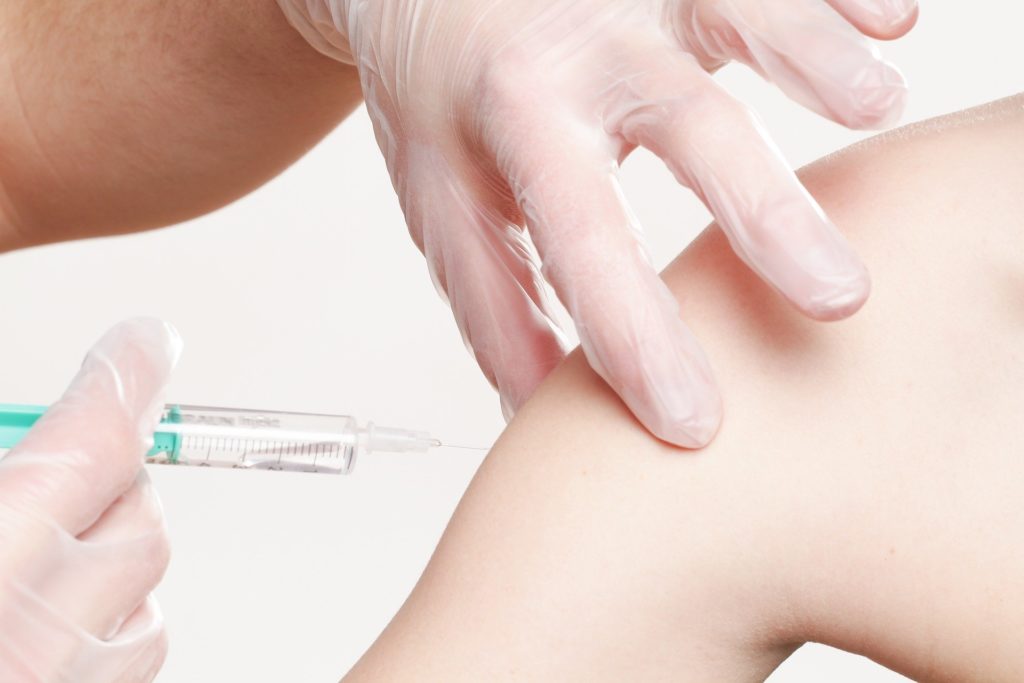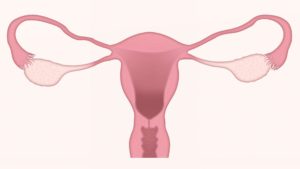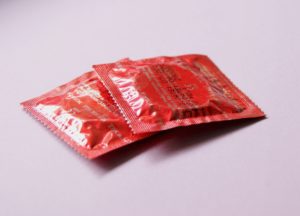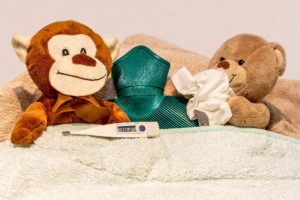How the HPV Vaccine Helps to Prevent Cancer

This week is Cervical Cancer Prevention Week so here at Meic we’re going to take a closer look at what you can do to help prevent it by taking a look at the HPV vaccine.
I ddarllen yr erthygl hon yn Gymraeg, clicia yma.
What exactly does HPV mean?
The Human Papilloma Virus (HPV) is the name given to a family of viruses. It’s easily spread by sexual activity so it is a VERY common STD with 8 in 10 people getting it at some point. Your immune system will usually fight the virus but some people will have health problems. Some are low risk, causing things like warts or verruca’s, but there are others that are higher risk – 40 of these affect the genital area and can cause serious illnesses like cancer. The problem is that often infection with the HPV causes no symptoms, so often people don’t know they’re unwell for a long time.

How is this connected to cancer?
HPV can cause more serious illnesses like vaginal cancer, vulval cancer, anal cancer, cancer of the penis and of course cervical cancer. Around 3,200 women are diagnosed with cervical cancer every year according to Cancer Research UK. They estimate that the HPV vaccine will be able to save around 400 lives every year, protecting against cervical cancer for at least 20 years.
Boys have not been offered the vaccine until now. They originally thought that they wouldn’t need to because of herd protection, where they would be protected because the girls were given the vaccine. They made the decision that boys should also be given the vaccine in 2018. It will protect against head and neck, penis and anal cancer, while also strengthening the herd protection for those who haven’t had the vaccine.

But I’m not sexually active yet at 13
Most young people don’t start having sex until they are 16, but it is really important that you are protected, and are kept safe early enough. Your early teenage years are the best time for this. Another way to prevent HPV is to make sure you practice safe sex by using condoms; this will also protect you against lots of other sexually transmitted infections (STI’s). But it’s important to remember that condoms don’t cover all of the genital area, and are often put on after the start of sexual contact. While it is ALWAYS a good idea to use a condom, it cannot guarantee against the spread of HPV.
What exactly is the HPV vaccine?
You will be offered the HPV vaccine as part of the NHS Childhood Vaccination programme. The vaccine had only been offered to girls previously but it will now be offered to all secondary school pupils in Wales aged 12/13, usually during year 8. You will be given 2 injections; the second will be given 6 to 24 months after the first. You have to have both injections to be fully protected. The vaccine will be injected into the muscle in your upper arm
Should everyone get vaccinated?
It is a very safe vaccination so there won’t be many who can’t have it. But there are some health conditions that may prevent it, such as weakened immune systems or conditions that make them bleed more like Thrombocytopenia. Also, if they have ever had a severe allergic reaction to a previous dose of HPV or any of its ingredients, special precautions will need to be put in place. If a young person is pregnant, they could still have the vaccine, but more care would be taken.

What if I’m ill, on medication or had another vaccine recently?
Having something like a cold or period pain is not a reason to postpone the HPV vaccination. If you have a severe illness, with a high temperature, then you should probably postpone. The symptoms of your illness could be confused with any possible side effects of the vaccine and result in a wrong diagnosis if you had to go to the doctor.
If you’re on medication or had another vaccine recently then the best thing to do is tell the doctor or nurse who’s giving you the vaccine. It isn’t usually a problem.
If you’re off school sick on the day of the vaccine then you’ll need to make an appointment with your GP. You should do this as soon as possible, and as young as possible. If you’re over 15 then you’ll need 3 injections rather than 2. If you’re over 18 you’ll have to pay for the vaccine.
Who decides if I can have this vaccination?
It’s your decision. Although your parent/carer will have to sign a consent form beforehand, it is you who has the final say. If they don’t want you to have it, but you do, then your decision overrules theirs. If you need more information before making your decision you could speak to an adult that you trust, read the Vaccination Guide Leaflet or speak to your doctor or nurse. It’s important that you make the right decision for you.
If I have the HPV vaccination will I have to have a smear test when I’m older?
Between the ages of 25 and 64 you’ll be invited to go for a regular cervical screening test, more commonly called a Smear test, every 3 to 5 years. A smear test is when a nurse or doctor checks your cervix to pick up any abnormal cells before they turn into cancer. Early detection and treatment of any abnormalities in the cervix can help prevent three quarters of cervical cancers. The HPV vaccine doesn’t protect against every type of HPV virus, so having a regular smear test is vital to detect potentially cancerous cell changes in the cervix sooner rather than later. Your invite to arrange a smear test will be sent to you through the post once you turn 25.
More questions?
You can check out the most commonly asked questions on Jo’s Cervical Cancer Trust FAQ pages.
If you’d like to talk it through with someone, or if there’s anything else that’s worrying you then you can always contact Meic to speak to one of our friendly advisors. Meic is an information, advice and advocacy helpline for children and young people aged 0-25 in Wales. Open 8am to midnight, 7 days a week. Contact us free on the phone (080880 23456), text message (84001) or online chat.







; ?>/images/chat-online.png)







